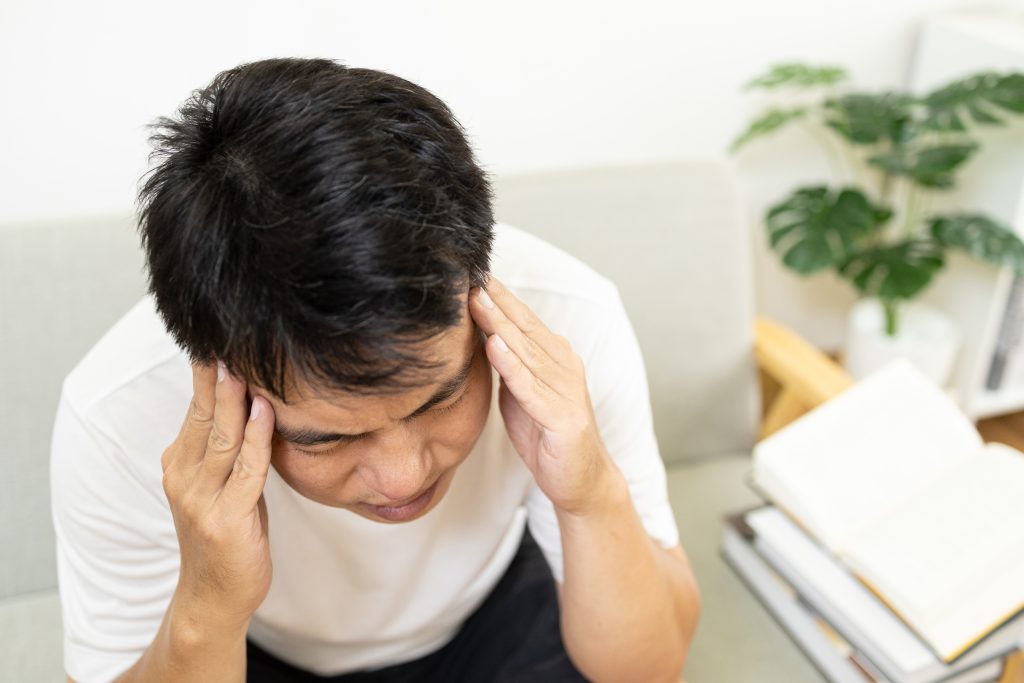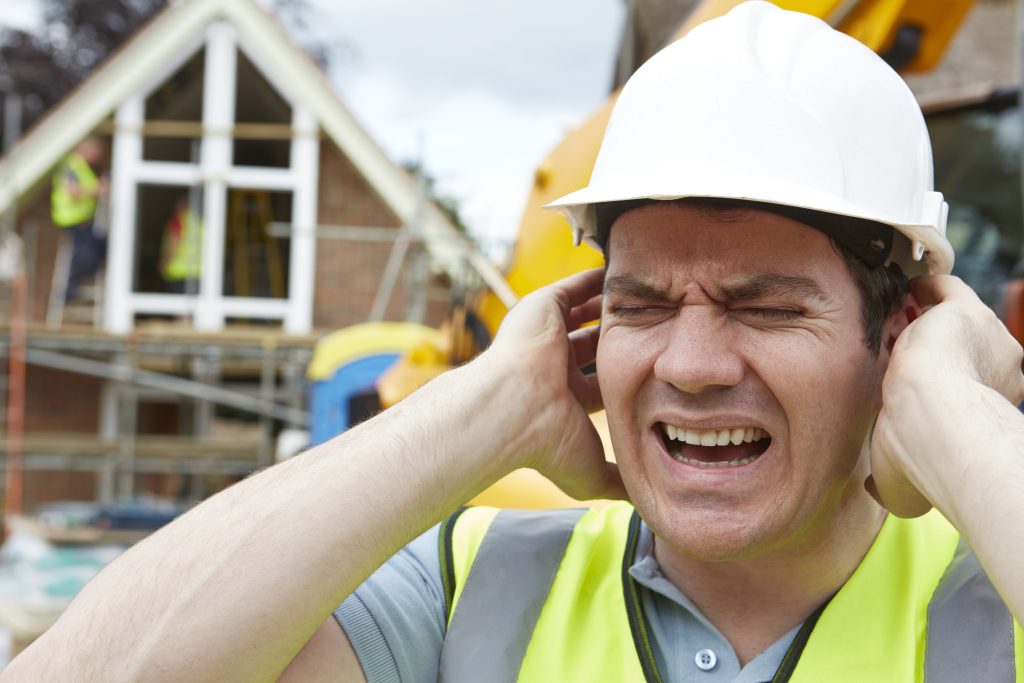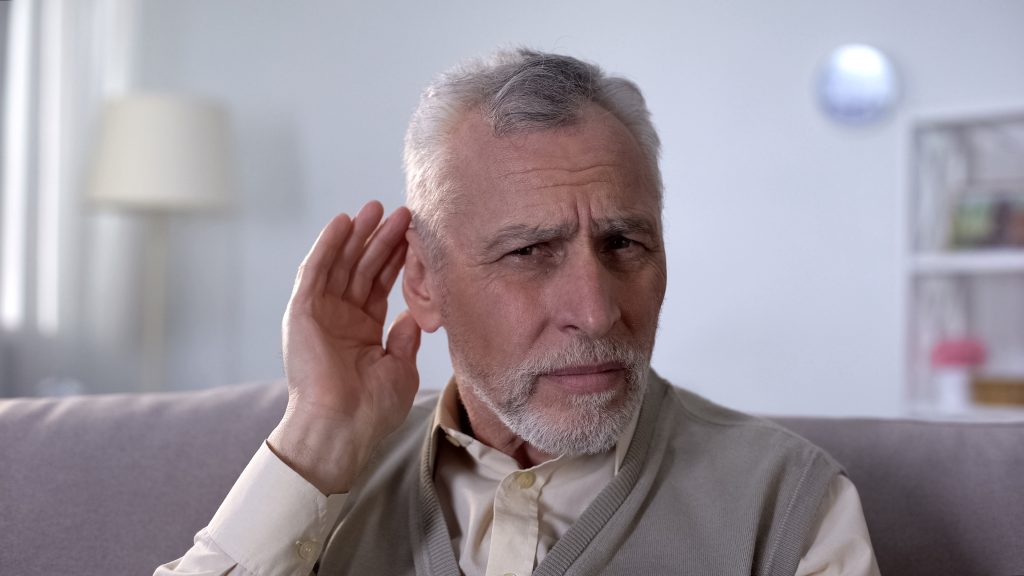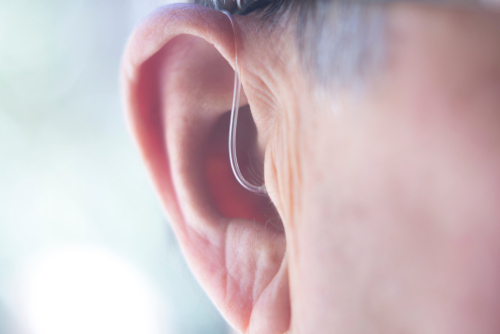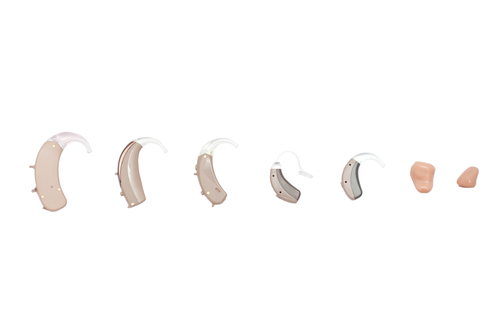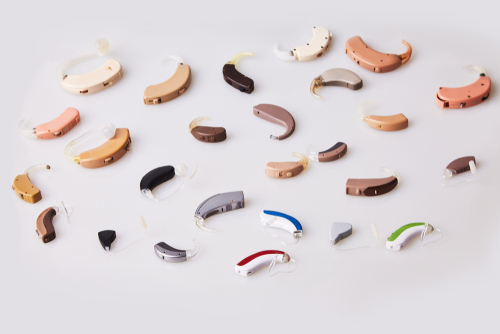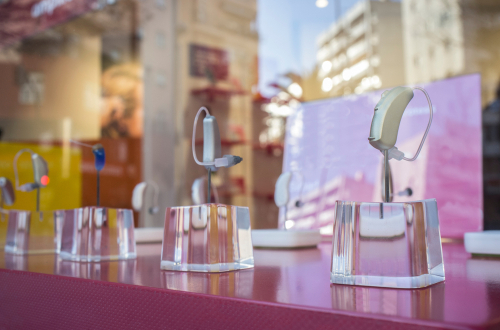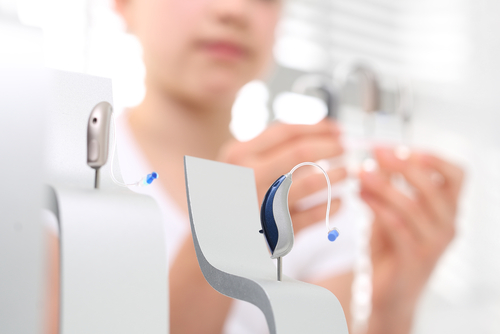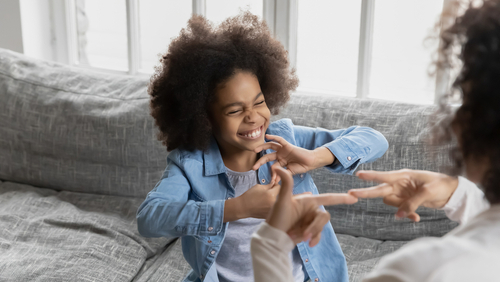Many people experience hearing loss or tinnitus because of aging or exposure to excessive noise. However, hearing loss can also be caused by Meniere’s disease. Named after the French doctor who discovered the illness in the 1800s, this disease causes pain in the ear, dizziness, hearing loss, vertigo, tinnitus, and even uncomfortable pressure. What is Read more..
How to Limit Noise Exposure and Prevent Hearing Loss
What can you do about hearing loss caused by noise exposure? Many people believe that aging causes hearing loss, but it is noise exposure that increases the risk of hearing loss. It can happen to anyone at any age. Exposure to extremely loud noises like an explosion or a gunshot can damage your hearing. Prolonged Read more..
What is Sensorineural Hearing Loss?
Hearing loss comes in several forms. Learning to live with sensorineural hearing loss isn’t easy for the person who has it or the family who loves them. It often leaves the person feeling agitated and frustrated because they cannot understand the sound or are aware that there is sound, but they can’t hear it. What Read more..
The Long-Term Impact of Hearing Aids
Hearing aids provide a range of hearing solutions, from hearing protection to hearing enhancement. But their long-term impact on hearing health and overall brain health goes beyond that. Studies have shown hearing aid users are less likely to suffer from dementia and depression than those with untreated hearing loss, as well as improved social functioning, Read more..
Can You Sleep With Hearing Aids?
Yes, you can sleep with hearing aids! The exact instructions vary depending on the type of device you have, but here are some common tips to help ensure a comfortable night’s rest: Talk To Your Audiologist – It’s important to check with your audiologist for specific instructions on how to use your hearing aid when Read more..
How Do Hearing Aids Work to Improve Hearing Loss?
Hearing loss often occurs gradually, especially when an individual is exposed to loud decibel levels frequently. Over time, as the body ages and hearing does start to decrease, the brain automatically adjusts to the lack of sound input by increasing the auditory neurons. The brain starts working harder and the brain can struggle to maintain Read more..
What Happens if Hearing Aids Don’t Work?
Learning to wear hearing aids can be a difficult adjustment to your life, and you may feel that the hearing aids just aren’t working for you. Like wearing glasses or healing from an injury, it takes time to learn how to wear your healing aids and get the most out of them. Many people often Read more..
How Do Hearing Aids Help Tinnitus?
Tinnitus, ringing in the ears, impacts over 50 million people daily. Patients will experience ringing sounds, buzzing, and water rushing in their ears without an identifiable source of the sounds. There are several other phantom noises reported by patients including; Roaring Clicking Hissing Humming Tinnitus is a common problem that leads to sleep deprivation and Read more..
What Is Ototoxicity?
An individual can experience hearing loss for a variety of reasons. Sometimes individuals are born with hearing loss, while others may experience hearing-related problems due to earwax buildup, ear infections, or noise exposure. However, ear poisoning from exposure to chemical cleaners, antibiotics, and metals can also cause an individual to experience hearing loss. Keep reading Read more..
What is Mixed Hearing Loss?
No one has time for hearing problems, which is why you’re probably looking for a solution as soon as you realize there may be a problem. But if you are experiencing hearing loss, you can’t simply start using hearing aids and call it a day. You need the knowledge and expertise of an audiologist who Read more..

